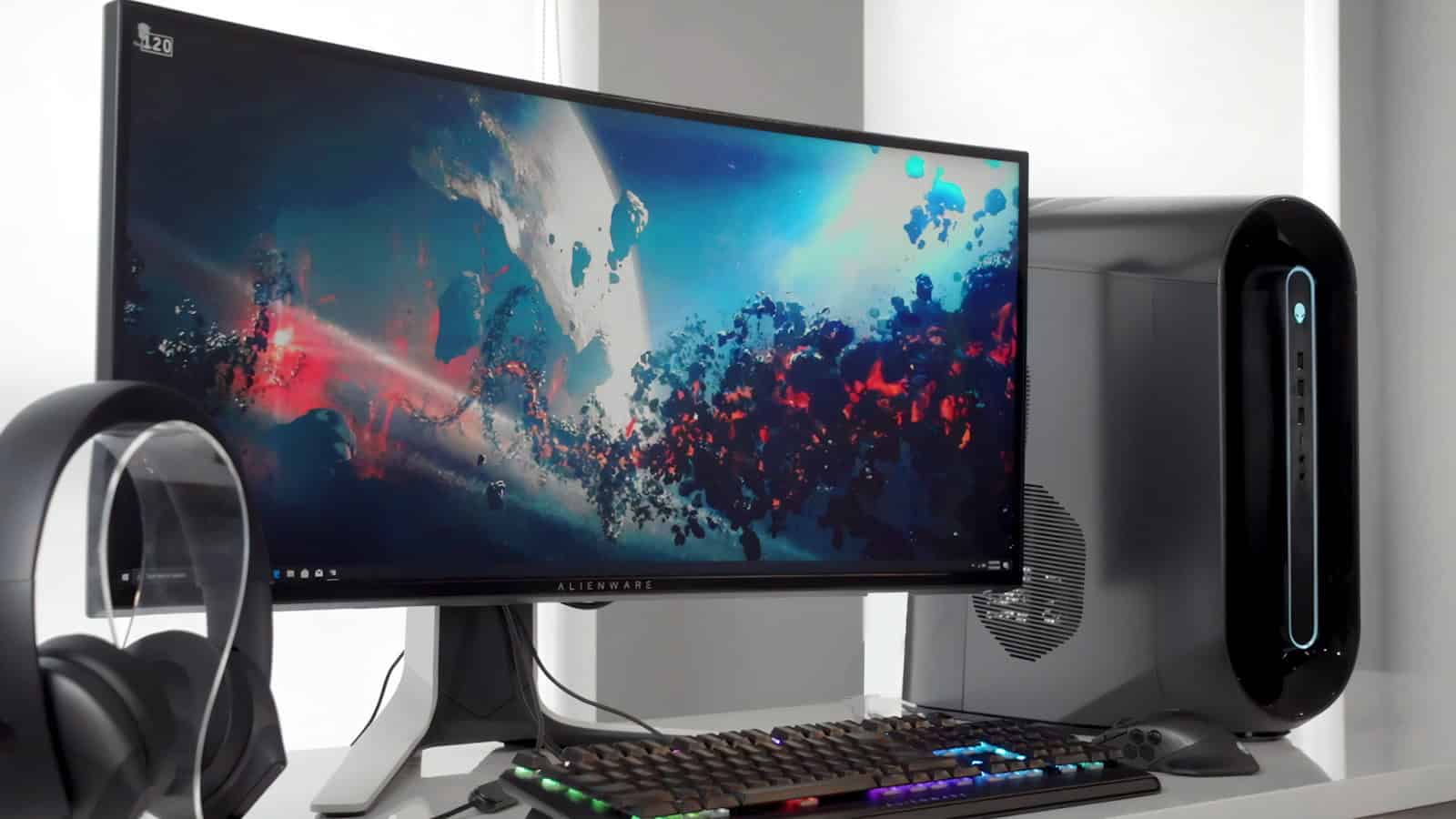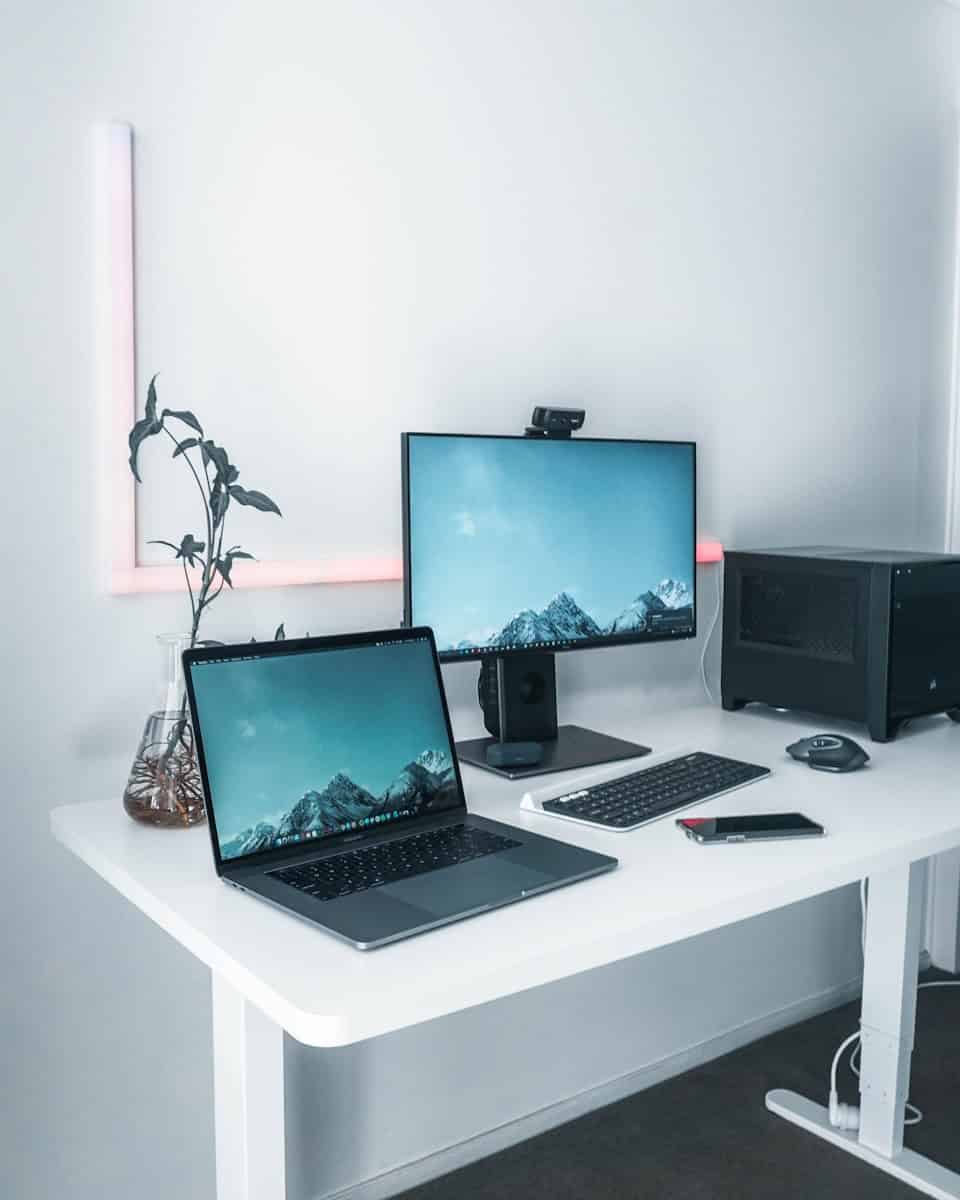Understanding the difference between a personal computer and a laptop is crucial in today’s technology-driven world. A personal computer, also known as a PC, is a typical desktop system that includes a monitor, central processing unit (CPU), keyboard, and mouse. It is designed for stationary use and is commonly found in homes or offices. On the other hand, a laptop is a portable personal computer that offers the same capabilities as a desktop but is designed for mobility.
Laptops, also referred to as notebooks, combine the monitor, CPU, keyboard, and mouse into a single, compact unit that can be easily transported. Choosing between a PC and a laptop can significantly impact productivity, convenience, and user experience. The portability of a laptop makes it a popular choice for individuals with a mobile lifestyle or for professionals who frequently travel. On the other hand, PCs offer more robust performance and are easier to customize and upgrade. They often serve as a stable workstation for demanding tasks such as gaming, video editing, and extensive programming.

Portable vs. Stationary: Understanding the Key Differences Between Personal Computers and Laptops
Personal computers (PCs) and laptops are both powerful tools for work and play, but they have distinct differences that cater to different needs and lifestyles. Here’s a breakdown of their key distinctions to help you choose the right device for you.
Portability and Design
The most obvious difference lies in their form factor:
- Laptops: Designed for portability, laptops are compact, all-in-one devices with integrated screens, keyboards, and trackpads. They’re perfect for on-the-go use, whether you’re working at a coffee shop, traveling, or studying at the library.
- PCs: PCs are stationary setups, typically consisting of a separate tower (containing the CPU, storage, and other components), monitor, keyboard, and mouse. While not as portable as laptops, they offer more flexibility for customization and upgrades.
Performance and Power
While both can be powerful, PCs tend to have an edge:
- PCs: Generally offer superior performance due to larger cases that accommodate more powerful components and better cooling systems. This makes them ideal for demanding tasks like gaming, video editing, and 3D rendering.
- Laptops: Prioritize portability over raw power. However, modern laptops have become incredibly powerful, with many models capable of handling most everyday tasks and even some resource-intensive applications.

Other Key Differences:
| Feature | Laptop | PC |
|---|---|---|
| Power Source | Battery-powered with limited runtime | Plugged into an outlet for continuous power |
| Upgradability | Limited upgrade options | Easier to upgrade components like RAM, storage, and graphics cards |
| Price | Generally more expensive for similar specs | Can be more affordable for equivalent performance |
| Display Size | Smaller screens (typically 13-17 inches) | Larger screens (19-32 inches or more) are common |
| Peripherals | Built-in keyboard, trackpad, and speakers | Requires external peripherals |
Which One is Right for You?
Choosing between a laptop and a PC ultimately depends on your needs and preferences. Consider the following:
- Portability: If you need a device you can take anywhere, a laptop is the obvious choice.
- Performance: If raw power and the ability to handle demanding tasks are paramount, a PC is likely the better option.
- Budget: Laptops tend to be more expensive than PCs with comparable specs.
- Upgradability: If you want to customize and upgrade your device over time, a PC offers more flexibility.
By weighing these factors, you can make an informed decision that suits your specific requirements and budget.
Key Takeaways
- A PC is a stationary system made up of separate components while a laptop is portable with integrated parts.
- Laptops are convenient for mobility but PCs offer greater performance customization.
- User choice depends on the need for portability or powerful, upgradeable systems.
Comparative Analysis of PC and Laptop
Choosing between a PC and a laptop depends on what you need them for. Each has its strengths, whether it’s working on the go or gaming at high settings.
Design and Portability
PCs are usually fixed in one place. They often require a separate monitor, keyboard, and mouse. Laptops integrate all these into a single device that you can carry with you. Laptops win in portability because they are lightweight and designed for travel.
Performance and Capability
A gaming laptop can pack quite a punch with a high-powered CPU and graphics card. But PCs often have more space for bigger components and better airflow. This means they usually give more power and better performance for tasks like gaming and graphic design.
Hardware and Upgradeability
It’s easier to upgrade PC components. You have more options for customizing your CPU, RAM, and storage. Laptops are less flexible with upgrades. Some allow you to add memory or swap out the hard drive. But often many parts are not interchangeable or are difficult to access.
Usage and Functionality
Laptops are great for business use, school work, and browsing the internet on the go. With their battery life, they are ideal for tasks outside the home or office. PCs often serve as gaming and entertainment hubs or for work that requires more processing power.
Cost and Value Considerations
Laptops can be more expensive for the same performance levels. But they offer the convenience of portability. PCs might provide more value for your money when it comes to high-end specs. Your budget and specific needs should guide your choice. Always compare prices and read reviews before making a decision.







